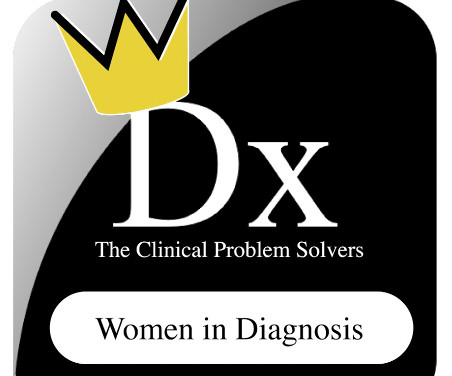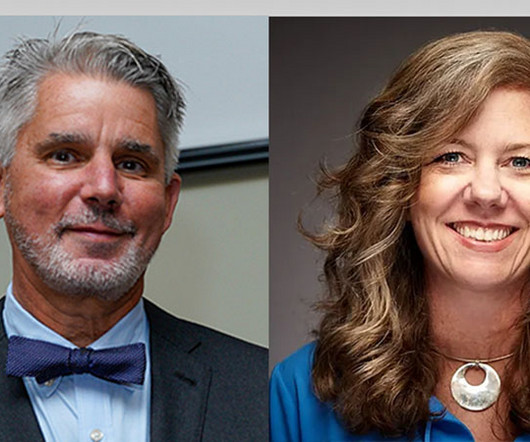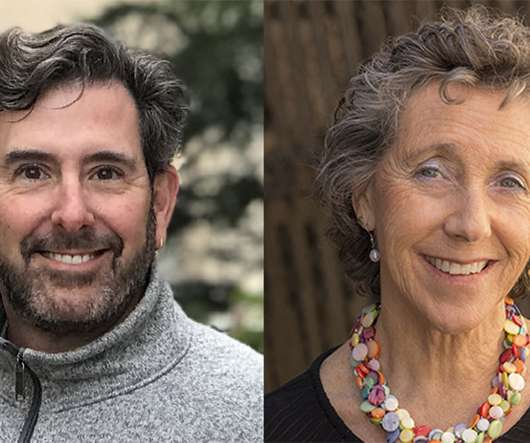Episode 134: WDx Episode #4 – The CPSolvers discuss gender biases and stereotypes with special guest Dr. Julie Ann Sosa
The Clinical Problem Solvers
OCTOBER 28, 2020
Dr Sosa came to UCSF in 2018 from Duke. She has mentored more than 90 students, residents, and fellows, for which she was recognized with induction as a full member to the American College of Surgeons Academy of Master Educators in 2020, and with the Lewis E. Want to learn more about Women in Diagnosis (WDx) series?




















Let's personalize your content